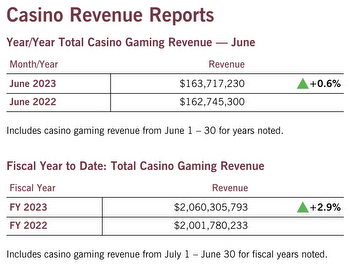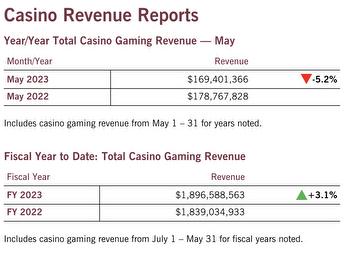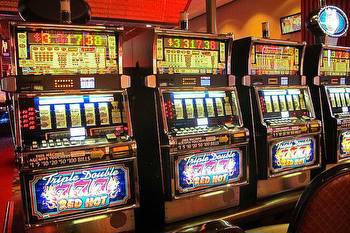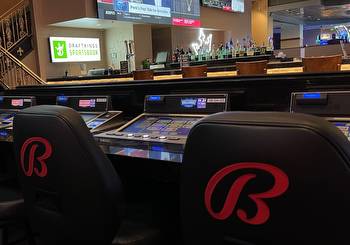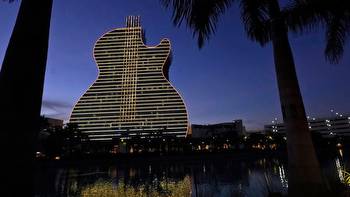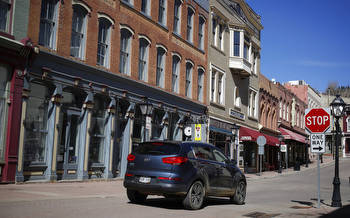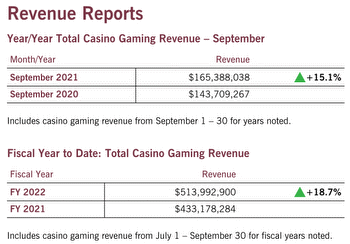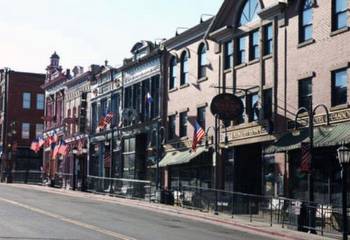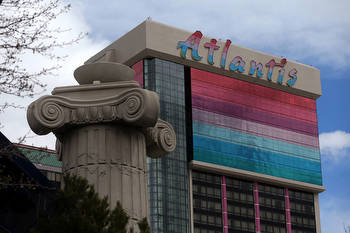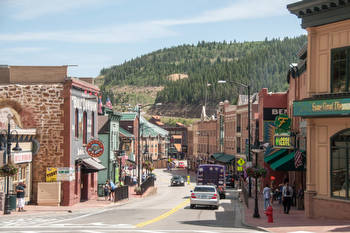With raised gambling limits, Colorado casinos mark record revenues

As the pandemic wanes, gamblers venturing up to Colorado’s three mountain casino towns are wagering record sums at the machines and tables, totaling just short of a billion dollars last year, according to a report released this week by the Colorado Department of Revenue.
Earlier this month, the Colorado Limited Gaming Control Commission approved distribution of $148,655,614 from the state’s original and extended gaming funds for fiscal year 2021-22. The money will be directed to traditional recipients for gambling revenues, including the state’s general fund.
That new figure is up 39% over the previous year when casinos were shuttered or restricted during COVID spikes. Taxes, according to the Department of Revenue, increased by more than $41 million over the past fiscal year.
Casinos were closed following the outbreak of the pandemic in early spring of 2020 and then reopened on a limited space basis that June. When an additional spike developed late in the year, the state closed down table betting, but casinos remained opened.
“Folks are returning to the entertainment destinations,” said Peggi O’Keefe, executive director of the Colorado Gaming Association, which represents the state’s casino owners, in commenting on the new report.
But O’Keefe says the new numbers also show a favorable response to a more wide-open gambling scene in Colorado following voters’ passage of Amendment 77 in 2021, which removed betting limits and introduced possibilities for new games.
“Our goal in passing Amendment 77 was trying to keep customers that were going to other states,” O’Keefe said. Competitors, she notes, included not just the Las Vegas Strip, but also small to medium casino destinations that didn’t have Colorado’s restrictive $100 betting limit, and that offered a wider range of games.
Gambling in the mountain towns of Black Hawk, Central City and Cripple Creek was first approved by voters in 1990, originally limited to poker, slot machines and blackjack, with maximum bets of $5. In 2009, limits were increased to $100, and craps and roulette joined the offerings.
Under the new amendment, the city jurisdictions can approve their own limits, and casino owners can reach for games like baccarat, Big Six and Pai Gow that O’Keefe says are now popular with gamblers.
“Almost all properties in the three towns are making improvements,” O’Keefe added. Those include new restaurants and remodeled interiors.
Despite the reopening following the pandemic, the less restrictive environment has obviously had an impact on revenues, says Suzanne Karrer, spokesperson for the Colorado Department of Revenue’s Specialized Business Group.
Original recipients of the state’s Limited Gaming Fund include the Colorado Historical Society and the three gaming towns and their counties, in addition to a state share that goes to the general fund, travel and film promotion, as well as other funds. When voters approved the first expansion in 2008, designees were added including the community colleges, junior colleges and local district colleges.
“People are excited to get back to normal. It’s lucky for citizens of Colorado,” Karrer added. Karrer notes that the figures don’t include additional revenues from sports betting that will be reflected in a forthcoming distribution.







